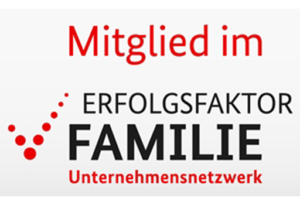Innovative IT-Lösungen
Softwareentwicklung | Smart-City-Lösungen | Beratung & Optimierung

Mobilität
Wir bieten ein flexibles und komplettes Fahrradparksystem, das den Städten, den einzelnen Anbietern und den Radfahrern Vorteile bringt.

Logistik
Unser Produkt DelyMate ist die perfekte Lösung für die unabhängige Lieferung rund um die Uhr und bietet verschiedene Verwendungsmöglichkeiten.
Empfehlungen
Erfahrung
10+ Jahre nationale und internationale Erfahrung
Qualität
ISO 9001:2015 zertifiziertes Qualitätsmanagement-System
Agilität
Agile Methoden und Ausrichtung auf den Kunden
Innovation
Engagement und Investition in Innovation

Werden Sie Teil unseres Teams
Unser Unternehmen wächst weiter und unser Team auch. Schauen Sie sich unsere offenen Stellen an und werden Sie Teil von Viaboxx!
Neueste Blog-Beiträge
ParkYourBike expands reach in Berlin
Four new ParkYourBike facilities, with a total capacity of 96 new parking spaces, are expanding the offer of protected bicycle…
Monitor Memory Consumption on AWS
Preface / Motivation Recently, our production environment became unreachable due to our (Kotlin) application using up all available…
Digital system developed by Viaboxx featured in WDR news
Viaboxx CEO Jürgen Lüders was interviewed for a television news report aired last Tuesday (23) in the Lokalzeit…
4 years as kununu Top Company
For the fourth consecutive year, our company has been recognized as a Top Company on kununu. This is…
Viaboxx’s QMS remains ISO 9001:2015 certified
Our Quality Management System (QMS) remains certified according to ISO 9001:2015 standards! As part of the recertification cycle,…
Innovation: Viaboxx bike parking system obtains BSFZ certification
The digital system developed by Viaboxx for bicycle parking facilities had its innovation certified by the Certification Office…



